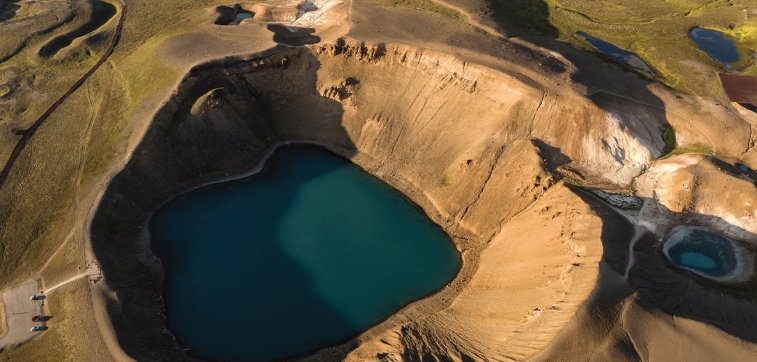Volcanoes have always fascinated scientists and researchers with their power and unpredictability. Recent discoveries in volcano science have shed new light on these wonders of nature.
Unlocking the Mysteries of Volcanoes
Volcanoes are one of Earth’s most powerful natural forces, capable of shaping landscapes and impacting the environment in profound ways. Scientists have long sought to understand the inner workings of volcanoes in order to better predict their behavior and mitigate potential hazards.
New Insights from Monitoring Technology
Advances in monitoring technology have allowed scientists to study volcanoes in unprecedented detail. Seismic sensors, gas detectors, and drones have provided valuable insights into the processes that occur beneath the surface of a volcano.
One of the most important recent discoveries is the role of gas emissions in predicting volcanic eruptions. Changes in the composition and quantity of gases released by a volcano can indicate increased activity and the likelihood of an eruption.
Studying the Anatomy of Volcanoes
Scientists have also made significant progress in understanding the structure and composition of volcanoes. By studying the layers of rock that make up a volcano, researchers can learn about its history and past eruptions.
Recent research has revealed that volcanoes are often more complex than previously thought, with multiple magma chambers and interconnected systems of vents and fissures. This new understanding of volcano anatomy is helping scientists to better forecast volcanic activity and assess potential risks.
Exploring the Impact of Volcanic Eruptions
In addition to studying the mechanics of volcanic eruptions, scientists are also investigating the long-term effects of volcanic activity on the environment and human populations. Volcanic ash, gases, and debris can have wide-ranging impacts on air quality, climate, and ecosystems.
Recent studies have shown that volcanic eruptions can affect global climate patterns, causing temporary cooling due to the release of sulfur dioxide into the atmosphere. Understanding the environmental impacts of volcanic eruptions is crucial for developing effective strategies for mitigating their effects.
Conclusion
Thanks to the latest advancements in volcano science, researchers are making significant progress in unlocking the mysteries of these powerful natural phenomena. By studying the inner workings, anatomy, and impacts of volcanoes, scientists are gaining valuable insights that will help to improve our ability to predict and prepare for volcanic activity.

